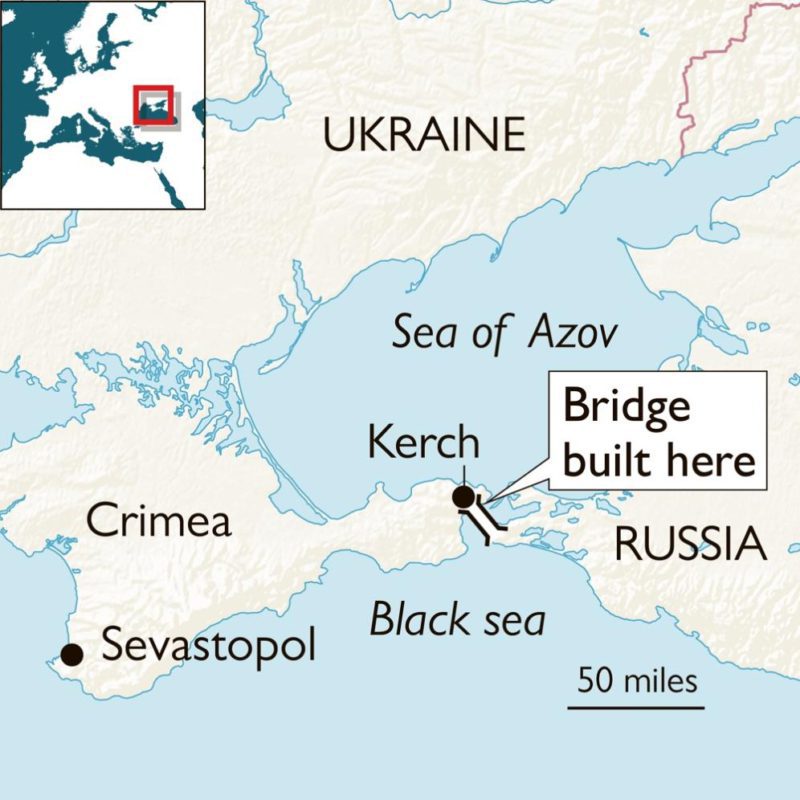Last week, politicians in Bosnia and Herzegovina (BiH) once again missed an opportunity to move forward on their path to EU accession. The tri-partite presidency claimed that they had reached a verbal agreement concerning the major issue that has been preventing BiH from being able to join the EU since 2009, but the lack of political will to make the necessary reforms has caused Štefan Füle, Commissioner for Enlargement and the European Neighbourhood Policy, to cancel the next round of High Level Dialogue on the Accession Process.
The major issue in question is the implementation of the 2009 European Court of Human Rights Sejdić-Finci ruling, which calls for an amendment to the constitution allowing minority groups to run for major political offices and the tri-partite presidency. Under the current constitution, only members of the three main ethnic groups (Serbs, Bosniaks and Croats) may run for election. Commissioner Füle warned that without credible efforts to implement these reforms, no further steps can be considered for Bosnia and Herzegovina’s accession to the EU.[captionpix align=”left” theme=”elegant” width=”320″ imgsrc=”http://natoassociation.ca/wp-content/uploads/2013/04/fule.jpg” captiontext=”Commissioner for Enlargement and the European Neighbourhood Policy Štefan Füle has expressed deep regret on the lack of progress made by BiH politicians towards necessary reforms.”]
The European Union is not the only organization where a lack of progress on necessary reforms has prevented BiH from becoming a member. In 2010, after four years of dialogue, BiH was formally invited by NATO to join the Membership Action Plan (MAP), which is a programme of practical support, assistance and advice designed to guide a state to NATO membership. As a part of this plan, NATO set out clear requirements required for moving forward with membership, the most important being the transfer of immovable defense property such as barracks, radar facilities and shooting ranges into the ownership of the centralized government. It currently remains in the possession of BiH’s two separate entities. Three years later, little progress has been made to this end.
Modern day Bosnia and Herzegovina was born out of the 1995 Dayton Agreement that put an end to the 3-year Bosnian war, which occurred at the time of the break-up of the Former Yugoslavian Republic in the early 1990s. The Dayton Accords divided Bosnia and Herzegovina into two separate entities, the Federation of Bosnia and Herzegovina, and the Republika Srpska. Each entity operates much like a sovereign state would, with its own presidency, parliament and government, yet is subject to the ultimate authority of the Office of the High Representative, which is responsible for overseeing Bosnia and Herzegovina’s progression into a peaceful democracy and integration into regional and international bodies.
The failure of politicians from Bosnia and Herzegovina’s two entities to come to an agreement on implementing the necessary reforms to move forward with EU and NATO membership is a symptom of a much larger problem facing the post-conflict country. Ethnic nationalism remains problematically strong, with many claiming that the trend is worse today than it was before the war. The blame is often placed on the way in which BiH was created through the Dayton Accords, arguing that the separate entities were given too much individual power to the point where they resemble separate states rather than two parts that comprise a whole.
Regardless of how the situation came to be, it is undeniable that the current arrangement is not working. Earlier this year, High Representative for BiH Ambassador Valentin Inzko expressed great concern regarding comments made by Republika Srpska President Milorad Dodik over the possibility of holding a referendum on secession from Bosnia and Herzegovina. He claims that Republika Srpska (RS) is being sidelined and ignored by Bosnia and Herzegovina’s other entity. This is not the only recent move made by Dodik which could present a grave challenge to national security and unity in the country. Earlier last fall, he made an official attempt to disband the armed forces of Bosnia and Herzegovina, and has made it no secret that he has “no love” for the state of BiH.
Bosnia and Herzegovina runs the real risk of being left behind its neighbours who are making process with integrating into regional and international institutions that will ultimately benefit. Allowing ethnic and party concerns to dictate policy will only hurt BiH and prevent its successful transition to an effective, democratic state. The EU and NATO have expressed their readiness to help BiH in this process, but the work must start at home.




